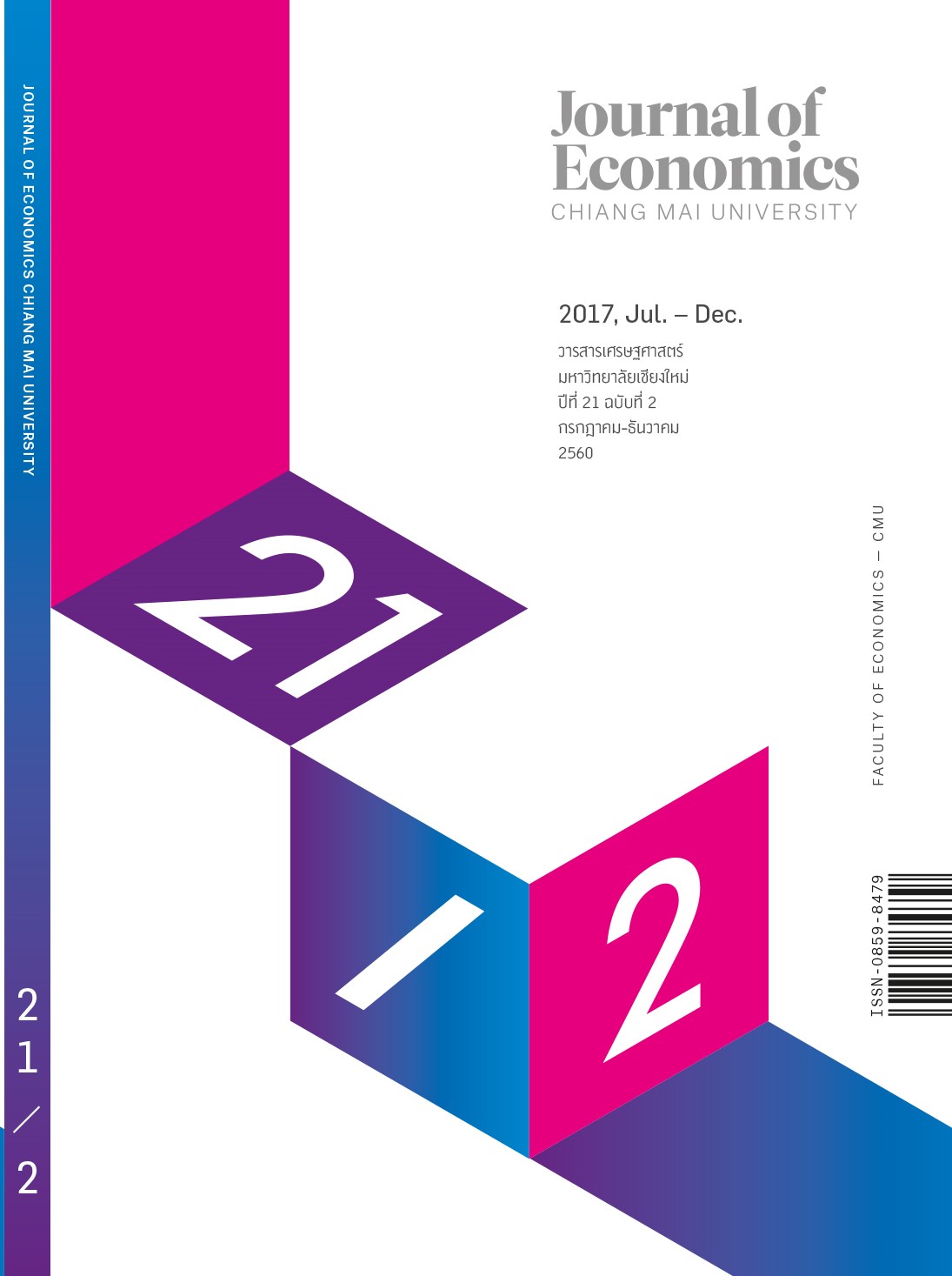A Comparison of Entrepreneurial Learning Education
Keywords:
entrepreneurial, learning model, conceptual study, entrepreneurAbstract
Abstract
The purpose of this research is to analyse and compare entrepreneurial learning model. By doing a comparison of few existing models, the author hope to find a common ground and fundamental things of the models. This will be very useful in preparing the author in making a model of entrepreneurship learning model himself. All data used is secondary data obtained from journals, books, articles and other written sources. Therefore, this study is a conceptual study. From the comparison and analysis of the entrepreneurship learning models chosen by the author, it can be concluded that although each model has different factors but has similarities in the purpose and process of creating a generation capable and willing to be an entrepreneur.
Keywords: entrepreneurial, learning model, conceptual study, entrepreneur
JEL Classification Codes: A22, I25
References
Ekpiken, William E. and Ukpabio, Godfrey U. (2015). Entrepreneurship Education, Job Creation for Graduate Employment in South-South Geopolitical Zone of Nigeria. British Journal of Education. 3(1), 23-31.
European Commission. (2006). Entrepreneurship education in Europe: Fostering entrepreneurial mindsets through education and learning. In Final proceedings of the conference on entrepreneurship education in Oslo. Journal of Developmental Entrepreneurship, 16(01), 127-144.
Gibb, A. (2005). Towards the entrepreneurial university: entrepreneurship education as a lever for change. policy paper, National Council for Graduate Entrepreneurship, Birmingham.
Global Entrepreneurship Monitor. (2003). How Entrepreneurial is Ireland?. Retrieved from www.gemconsortium. Org
Gray, C. (2006). Absorptive capacity, knowledge management and innovation in entrepreneurial small firms. International Journal of Entrepreneurial Behaviour & Research, 12 (6), 345-60.
Harrison, R., & Leitch, C. (2010). Voodoo institution or entrepreneurial university? Spin-off companies, the entrepreneurial system and regional development in the UK. Regional Studies, 44(9), 1241-62.
Hussain, A. (2015). Impact of Entrepreneurial Education on Entrepreneurial Intentions of Pakistani Students. Journal of Entrepreneurship and Business Innovation, 2(1), 43-53.
Jahanian, R. & Mahjoubi, S. (2013). Role of training on the development and improvement of entrepreneurship process. Journal of Asian Scientific Research, 4(4), 182-193.
Kutatko, D.F. (2005). The Emergence of entrepreneurship education: development, trends and challenges. Journal Entrepreneurship Theory and Practice, 29(5), 577-597.
Noya, S., & Setiyati, E. A. (2015). Evaluating Entrepreneurship Model in Indonesian University (Case Study: Universitas Ma Chung). Business & Entrepreneurship Journal. 4(2), 21-30.
Osuagwu, L. (2006). Small Business and Entrepreneurship Management. Lagos: Grey Resources Limited.
Packham, G. (2010). Attitudes towards entrepreneurship education: a comparative analysis. Education + Training, 52(8/9), 568-586.
Salmanulfarisi, A. (2014). Entrepreneurship education and new venture creation after graduation: an empirical study of school of rural technology and entrepreneurship development. International Journal of Development and Sustainability, 3(7), 1569-1582
Downloads
Published
Issue
Section
License
All opinions and contents in the CMJE are the responsibility of the author(s). Chiang Mai University Journal of Economics reserves the copyright for all published materials. Papers may not be reproduced in any form without the written permission from Chiang Mai University Journal of Economics.






